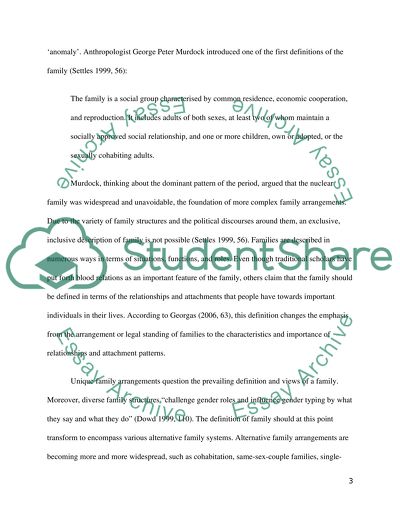Cite this document
(“The Family in Contemporary Society Essay Example | Topics and Well Written Essays - 3500 words”, n.d.)
The Family in Contemporary Society Essay Example | Topics and Well Written Essays - 3500 words. Retrieved from https://studentshare.org/sociology/1447951-what-is-a-family-and-what-are-they-like-in
The Family in Contemporary Society Essay Example | Topics and Well Written Essays - 3500 words. Retrieved from https://studentshare.org/sociology/1447951-what-is-a-family-and-what-are-they-like-in
(The Family in Contemporary Society Essay Example | Topics and Well Written Essays - 3500 Words)
The Family in Contemporary Society Essay Example | Topics and Well Written Essays - 3500 Words. https://studentshare.org/sociology/1447951-what-is-a-family-and-what-are-they-like-in.
The Family in Contemporary Society Essay Example | Topics and Well Written Essays - 3500 Words. https://studentshare.org/sociology/1447951-what-is-a-family-and-what-are-they-like-in.
“The Family in Contemporary Society Essay Example | Topics and Well Written Essays - 3500 Words”, n.d. https://studentshare.org/sociology/1447951-what-is-a-family-and-what-are-they-like-in.


